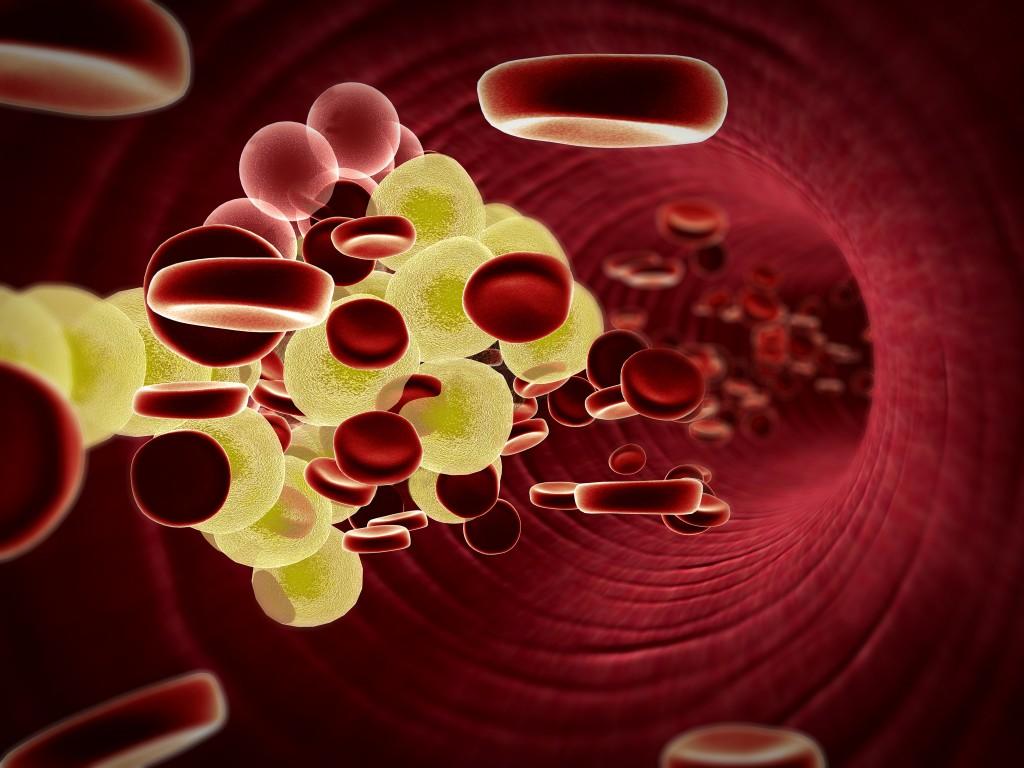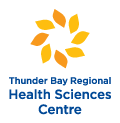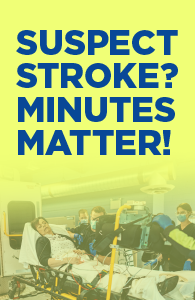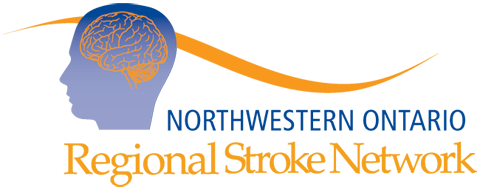Clearing the air…and your Arteries: Understanding Dyslipidemia in Stroke

Dyslipidemia is an abnormality in, or abnormal amounts of, lipids and lipoproteins in the blood. Lipoproteins are any complex of fats with protein. Cholesterol is one of the fats that are found in your blood, which makes cell membranes, vitamin D and hormones. Blood lipoproteins (the cholesterol carriers of the body) are classified by density, in accordance with the proportions of protein. There are three classifications: Very low density (VLDL), low density (LDL) and high density (HDL). We will focus on LDL and HDL, which are the two main types of cholesterol. Triglycerides are another type of fat (not a type of cholesterol) found in your blood. High levels of triglycerides are associated with excess weight, excess alcohol consumption and diabetes.
LDL: This lipoprotein is considered “bad.” LDL contains large amounts of cholesterol. High levels of LDL promote the buildup of plaque in artery walls. LDL transports lipids to muscles and fat stores. It is associated with the arterial disease atherosclerosis, which increases your risk of heart disease and stroke.
HDL: This lipoprotein is considered “good.” HDL contains 50% protein and only 20% cholesterol. HDLs help to carry LDL away from artery walls.
What does this mean for you?
High levels of cholesterol and lipids in blood are associated with a higher risk of a vascular event such as stroke or heart attack. Having high cholesterol levels can lead to a buildup of plaque in your artery walls, narrowing your arteries (atherosclerosis). Atherosclerosis makes it more difficult for your blood to flow through your heart and body, which is why you are at an increased risk of heart disease and stroke. People who have had an ischemic stroke or transient ischemic attack (TIA) will have the most benefit from cholesterol lowering medications (statins). An aggressive reduction of LDL is more likely to have a greater benefit than a modest reduction. There is a 20% to 30% relative risk reduction reported in recurrent vascular events for patients that have a history of stroke who are treated with a statin agent.
Cholesterol Lowering Drugs
Statins are medications that lower cholesterol and other fats (lipids) in your body. They work by helping to block an enzyme in your liver which helps your body make cholesterol. The slower production of cholesterol signals your liver to absorb more LDL (bad) cholesterol from your bloodstream. Having lower levels of LDL can lead to lower levels of triglycerides and higher HDL (good) cholesterol. Prescribing statins along with a low saturated and trans fat diet will help to control your cholesterol levels. Pravastatin (Pravachol), Rosuvastatin (Crestor), Atorvastatin (Lipitor), Simvastatin (Zocor) and Lovastatin (Mevacor) are all available in Canada.
Cholesterol Absorption Inhibitor Drug
There is only one cholesterol absorption inhibitor drug available in Canada, called Ezetimibe (Zetia). This drug helps to lower total and LDL cholesterol levels by preventing your body from absorbing and storing cholesterol in your liver. It also improves the way that cholesterol is cleared from your blood. This drug, when perscribed is usually in combination with a statin.
Lifestyle Changes You Can Make
- You can reduce your fat intake to <30% of your daily calories.
- You can choose healthy fats such as polyunsaturated and monounsaturated, which are found mainly in vegetable oils, nuts and fish.
- You can limit your intake of saturated fat to less than 7% of your daily calories, which is found mainly in red meat and high-fat dairy products.
- You can avoid trans fats often found in foods made with shortening or partially hydrogenated vegetable oil, including hard margarines, fast foods and many pre-made foods.
- You can use Canada’s Food Guide to plan a healthier diet (more vegetables, fruits and whole grains).
- You can use lower-fat cooking methods such as baking, broiling or steaming and trying to avoid fried food.
References
Heart and Stroke Foundation (2011), Statins.
Heart and Stroke Foundation (2014). Getting your cholesterol in check.
Heart and Stroke Foundation (2011). Cholesterol absorption inhibitors.
Health Canada (2015). Drug and health products.






